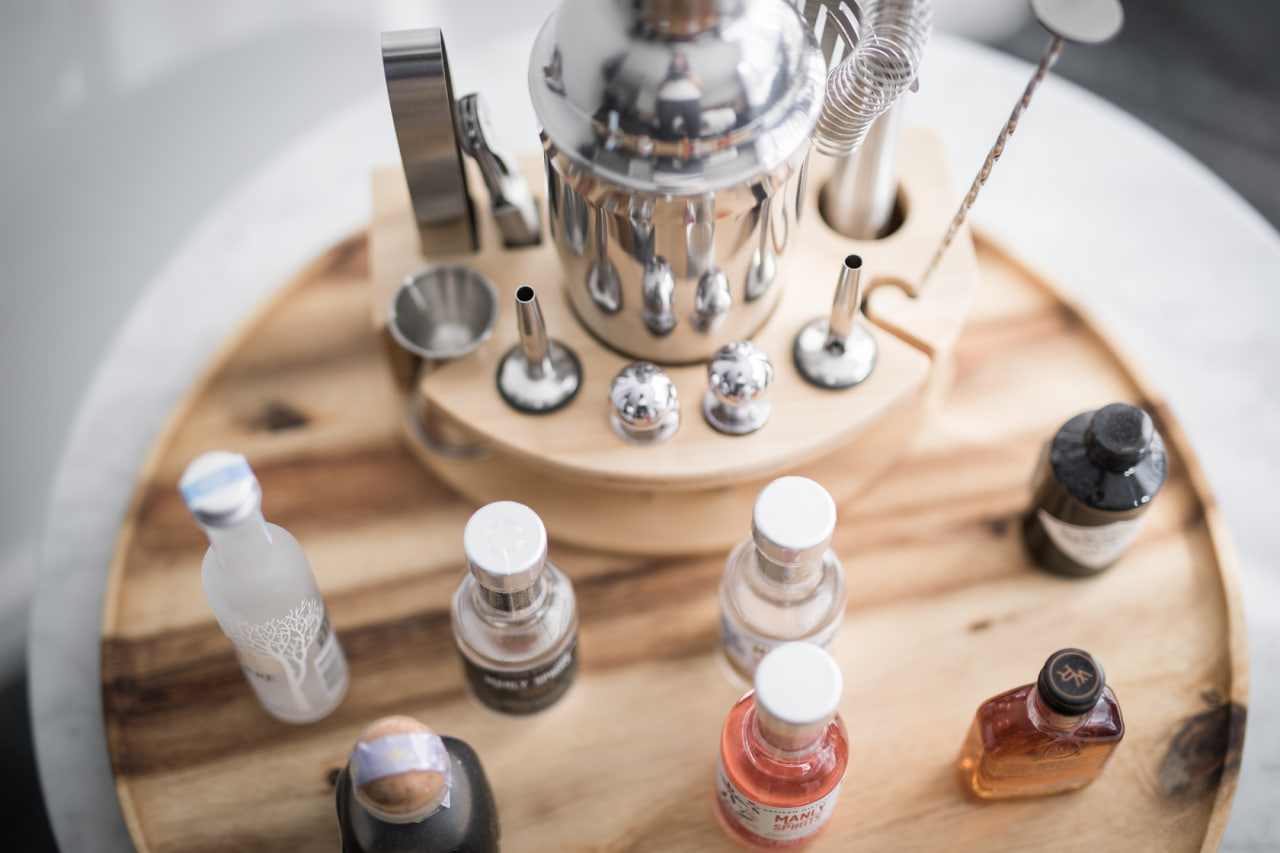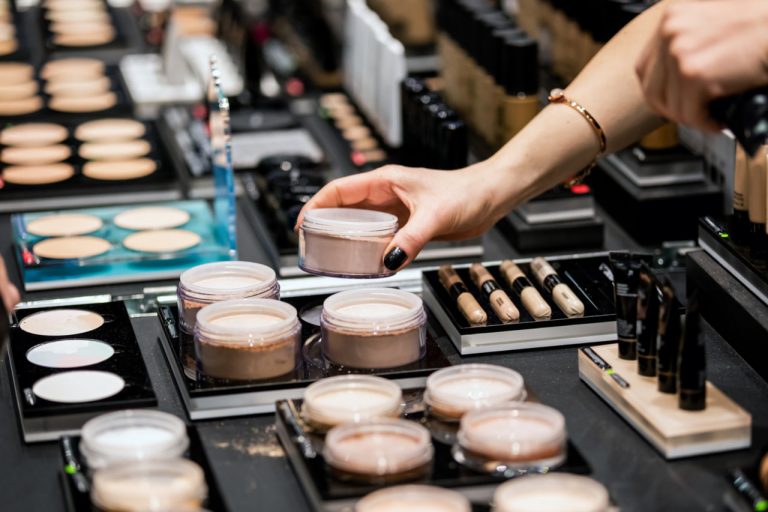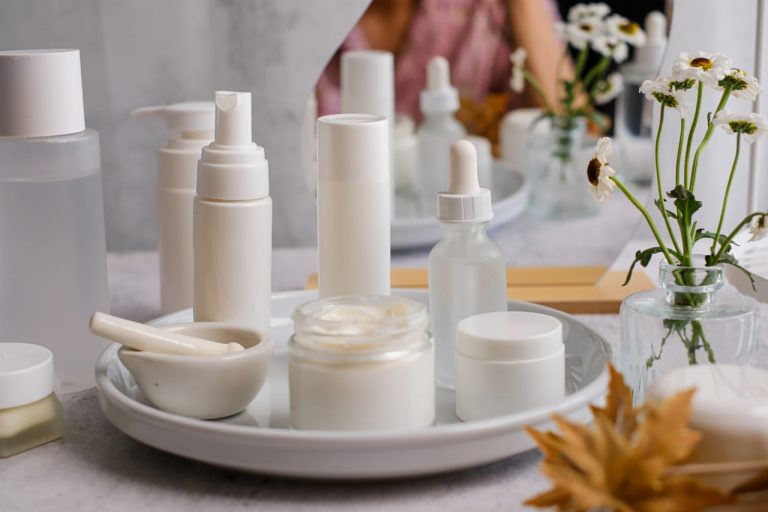Book Appointment Now

Top 5 Botanical Ingredients for Glowing Skin
Glowing skin is not just about appearance — it’s a sign of health, balance, and nourishment. In a world increasingly saturated with synthetic ingredients and aggressive skincare routines, many are turning back to nature to restore the skin’s radiance. Botanical ingredients — those derived from plants — have been used for centuries to soothe, protect, and rejuvenate the skin.
Today, science backs what traditional knowledge has long suggested: that certain plant-based ingredients, when used correctly, can transform your skin. In this guide, we’ll explore five powerful botanicals known for promoting glow, hydration, and long-term skin vitality — and how to work with them in natural formulations.
1. Rosehip Seed Oil: The Natural Skin Regenerator
Extracted from the seeds of wild rose bushes, rosehip seed oil is one of the most prized oils in natural skincare — and for good reason. It’s rich in vitamins A (a natural form of retinoid), C, and E, as well as essential fatty acids like omega-3 and omega-6.
These nutrients support skin regeneration, improve elasticity, and help reduce the appearance of scars, fine lines, and sun damage. Unlike heavier oils, rosehip absorbs quickly, making it perfect for daily use, especially for dull, dry, or uneven skin.
How to use:
Ideal in facial oils, serums, or light emulsions. Best kept in amber bottles and stored away from heat, as it oxidizes easily.
2. Aloe Vera: Hydration and Healing in One
Aloe vera gel, derived from the inner leaf of the aloe plant, is a powerful humectant and skin soother. It draws moisture into the skin, calms inflammation, and supports skin repair — all key elements in restoring glow and resilience.
Beyond hydration, aloe is rich in enzymes, amino acids, and antioxidants that help strengthen the skin barrier and reduce irritation. It’s gentle enough for sensitive skin and effective across skin types.
How to use:
Use in water-based products such as gels, toners, or hydrating creams. Combine with glycerin or hyaluronic acid for maximum moisture retention.
3. Green Tea Extract: Antioxidant Protection for Radiance
Green tea extract is a potent antioxidant powerhouse. Rich in polyphenols like EGCG, it helps protect skin cells from environmental damage, reduce inflammation, and regulate oil production — making it an excellent choice for both aging and acne-prone skin.
Its anti-inflammatory properties support calm, even-toned skin, while its ability to neutralize free radicals helps prevent premature aging and dullness.
How to use:
Effective in serums, masks, or facial mists. Water-soluble extracts are easy to incorporate into the aqueous phase of formulations.
4. Calendula: Gentle Restoration for Sensitive Skin
Calendula officinalis, or marigold flower, is known for its soothing and restorative properties. It’s often used to calm irritation, support skin healing, and reduce redness. Its mild nature makes it ideal for sensitive, reactive, or damaged skin.
Calendula’s skin benefits come from its flavonoids, carotenoids, and triterpenoids, which contribute to its anti-inflammatory and antimicrobial effects.
How to use:
Great as an oil infusion in balms or creams, or as a hydrosol or glycerite in gentle toners and baby-care products.
5. Licorice Root Extract: Brightening and Balancing
Licorice root contains glabridin, a natural compound that inhibits tyrosinase, an enzyme involved in melanin production. This makes it a powerful brightening agent for dull, uneven skin tone and pigmentation. It also soothes sensitive skin and offers antioxidant benefits.
Unlike harsh chemical lighteners, licorice extract works gently over time to even out skin tone while preserving skin health.
How to use:
Incorporate into serums, lotions, or spot treatments designed for brightening or calming. Compatible with niacinamide and other plant extracts.
Choosing Botanicals Wisely
Not all botanical ingredients are created equal. Purity, sourcing, extraction method, and formulation compatibility all affect the results you’ll get.
When working with botanicals, consider the following:
- Use suppliers that provide documentation (COAs, MSDS, INCI names).
- Respect usage rates — especially for extracts and essential oils.
- Choose organic, cold-pressed, or CO2-extracted where possible.
- Store oils and extracts properly to prevent oxidation and degradation.
Botanicals are powerful, but they require respect and knowledge. Treat them like active ingredients — because they are.
Formulating with Glow in Mind
Glowing skin isn’t created overnight. It’s the result of healthy habits, consistent care, and ingredient synergy. When formulating for radiance, consider:
- Antioxidants to protect from free radicals
- Humectants to hydrate
- Emollients to soften
- Gentle actives to boost cell turnover
- Soothing botanicals to reduce inflammation
Glow doesn’t come from harsh exfoliation or instant results — it comes from supporting the skin’s natural balance, protecting its barrier, and feeding it with what it truly needs.



